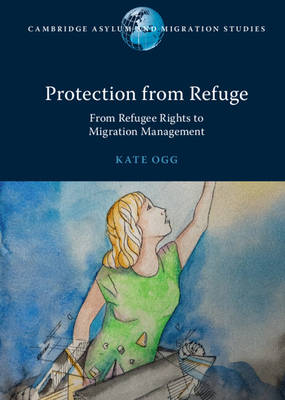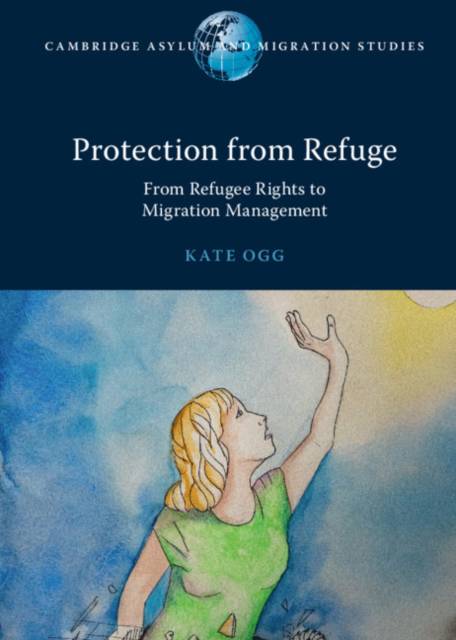
Door een staking bij bpost kan je online bestelling op dit moment iets langer onderweg zijn dan voorzien. Dringend iets nodig? Onze winkels ontvangen jou met open armen!
- Afhalen na 1 uur in een winkel met voorraad
- Gratis thuislevering in België vanaf € 30
- Ruim aanbod met 7 miljoen producten
Door een staking bij bpost kan je online bestelling op dit moment iets langer onderweg zijn dan voorzien. Dringend iets nodig? Onze winkels ontvangen jou met open armen!
- Afhalen na 1 uur in een winkel met voorraad
- Gratis thuislevering in België vanaf € 30
- Ruim aanbod met 7 miljoen producten
Zoeken
Omschrijving
The places in which refugees seek sanctuary are often as dangerous and bleak as the conditions they fled. In response, many travel within and across borders in search of safety. As part of these journeys, refugees are increasingly turning to courts to ask for protection, not from persecution in their homeland, but from a place of 'refuge'. This book is the first global and comparative study of 'protection from refuge' litigation, examining whether courts facilitate or hamper refugee journeys with a particular focus on gender. Drawing on jurisprudence from Africa, Europe, North America and Oceania, Kate Ogg shows that courts have transitioned from adopting robust ideas of refuge to rudimentary ones. This trajectory indicates that courts can play a powerful role in creating more just and equitable refugee protection policies, but have, ultimately, compounded the difficulties inherent in finding sanctuary, perpetuating global inequities in refugee responsibility and rendering refuge elusive.
Specificaties
Betrokkenen
- Auteur(s):
- Uitgeverij:
Inhoud
- Aantal bladzijden:
- 300
- Taal:
- Engels
- Reeks:
Eigenschappen
- Productcode (EAN):
- 9781316519738
- Verschijningsdatum:
- 24/03/2022
- Uitvoering:
- Hardcover
- Formaat:
- Genaaid
- Afmetingen:
- 170 mm x 244 mm
- Gewicht:
- 571 g

Alleen bij Standaard Boekhandel
+ 374 punten op je klantenkaart van Standaard Boekhandel
Beoordelingen
We publiceren alleen reviews die voldoen aan de voorwaarden voor reviews. Bekijk onze voorwaarden voor reviews.











